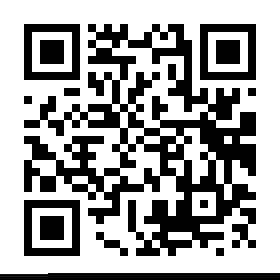In today’s rapidly evolving professional landscape, one demographic stands out for its unique approach to work: millennials. Born between the early 1980s and the mid-1990s, millennials bring a fresh perspective to the workplace, distinct from that of their parents and grandparents. Understanding their characteristics, preferences, and challenges is crucial for fostering a harmonious and productive work environment.
#1. Differences in Workplace Routines and Policies
Millennials have brought a shift in workplace routines and policies. Unlike previous generations, they prioritize flexibility and work-life balance. Millennials are inclined towards remote work options, flexible schedules, and a collaborative work culture facilitated by technology. In contrast, their parents and grandparents typically adhered to traditional 9-to-5 office hours and hierarchical structures.
Moreover, millennials value a sense of purpose in their work. They seek opportunities for personal growth, meaningful contributions, and alignment with their values. This emphasis on purpose-driven work has led to a reevaluation of corporate social responsibility and ethical practices in many organizations.
#2. Challenges in Hiring and Management
Managers often encounter challenges when hiring and managing millennials. One notable obstacle is the perception of millennials as entitled or “job-hopping”. While they prioritize career advancement and skill development, millennials may switch jobs more frequently than previous generations, seeking new challenges and opportunities for growth.
Additionally, millennials value transparency and open communication. They expect constructive feedback, recognition for their achievements, and opportunities to voice their opinions. Managers need to adapt their leadership styles to foster a culture of trust, autonomy, and continuous learning.
#3. Positives of the Millennial Workforce
Despite these challenges, the millennial workforce brings numerous strengths to the table. They are tech-savvy, adaptable, and quick to embrace innovation. Millennials thrive in dynamic environments that encourage creativity, collaboration, and experimentation. Their diverse perspectives and digital fluency contribute to a culture of innovation and adaptability within organizations.
Furthermore, millennials are passionate about making a difference. They are socially conscious, environmentally aware, and eager to support causes they believe in. This altruistic mindset can drive positive change within companies, inspiring initiatives that promote sustainability, diversity, and social impact.
In conclusion, the millennial workforce represents a dynamic force reshaping the modern workplace. By understanding their unique attributes, challenges, and aspirations, organizations can harness the full potential of this generation and cultivate a culture of innovation, inclusivity, and purpose-driven growth. Embracing change and adapting to the evolving needs of the millennial workforce is essential for staying competitive in today’s rapidly evolving business landscape.







